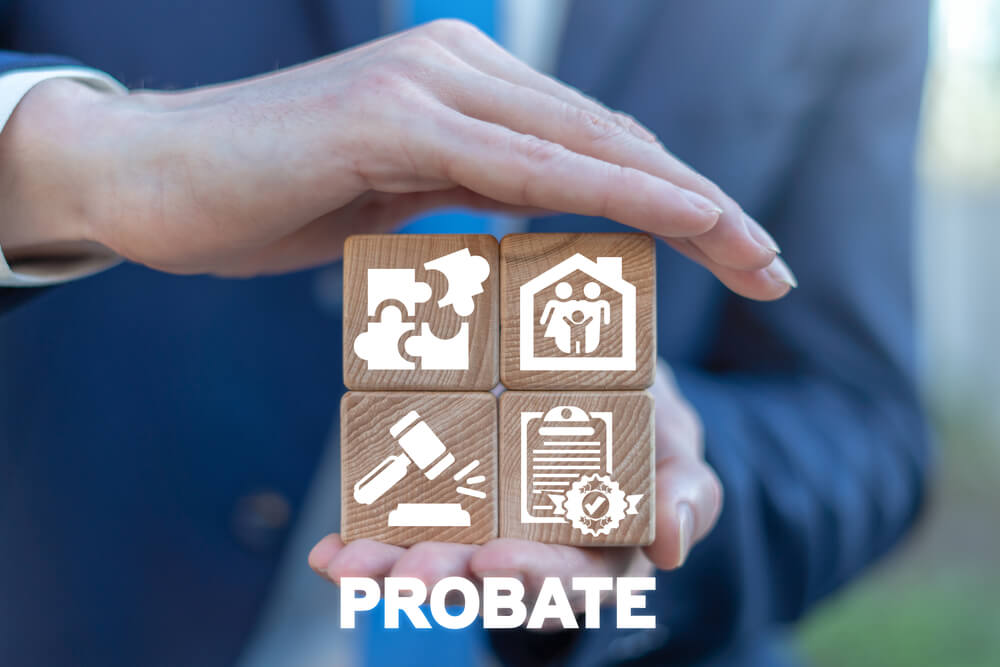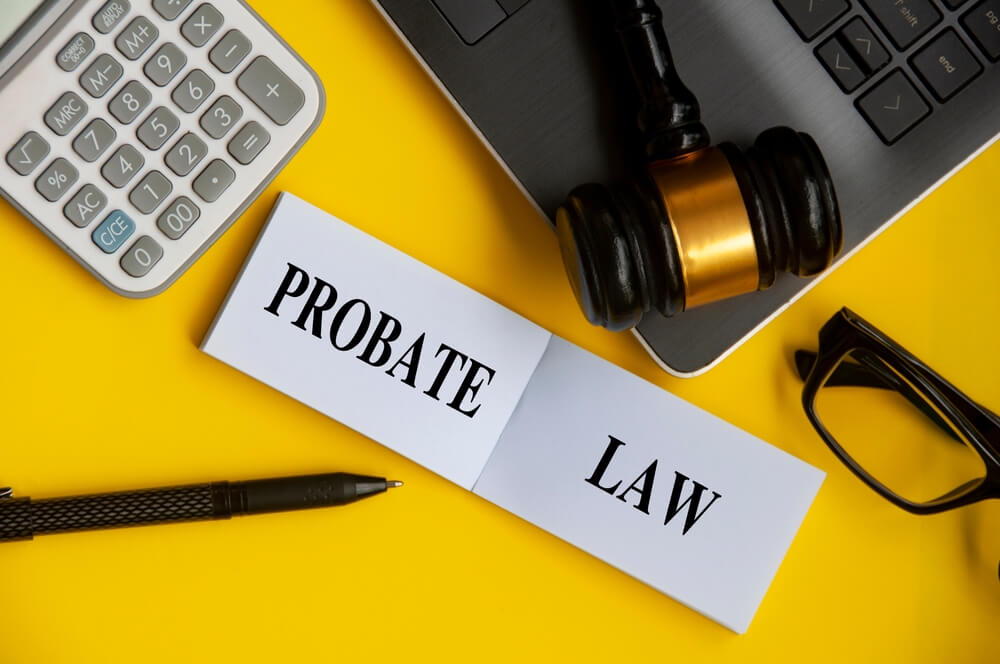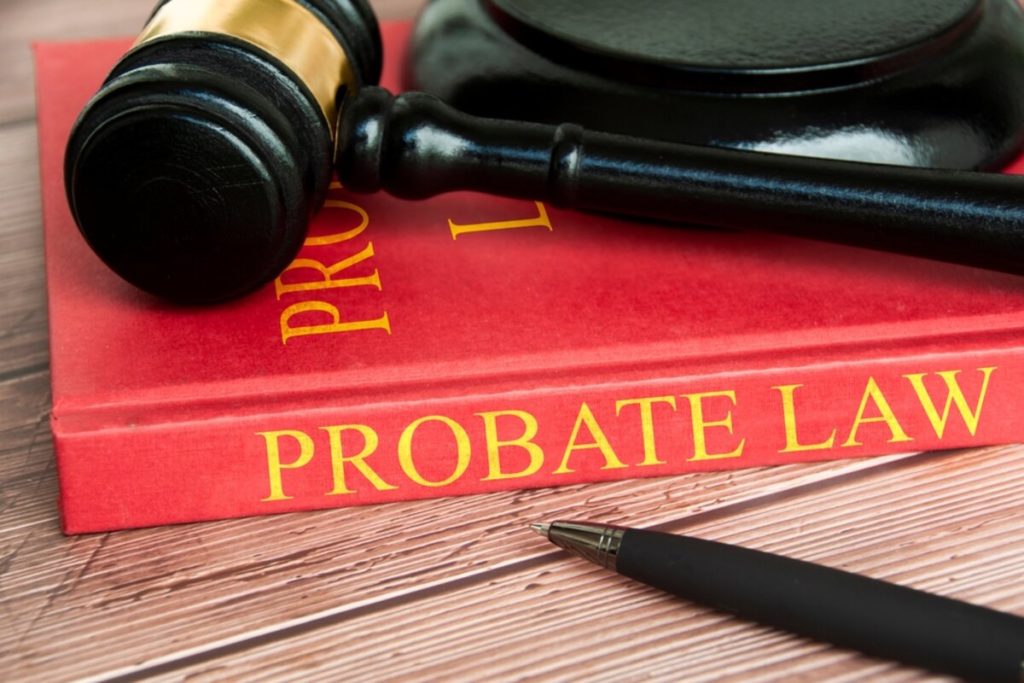Navigating the probate process can feel overwhelming, especially when dealing with the loss of a loved one. If you find yourself in this challenging position, it’s important to understand what the probate process entails and how it impacts the estate left behind.
This article will provide you with a detailed overview of the probate process, what it involves, and how it is resolved. We’ll also address some common misconceptions, such as the idea that a will on its own is sufficient to avoid probate.
Why a Will Alone Won’t Avoid the Probate Process

You may be under the impression that simply having a will can help your loved ones avoid the probate process, but unfortunately, that’s not the case. Having a will is indeed an important part of estate planning, but it does not, in itself, eliminate the need for probate. Probate is a legal proceeding designed to settle a deceased person’s affairs, from the distribution of assets to the payment of debts, and is initiated regardless of whether a will exists.
Understanding the Probate Process
Probate is the court-supervised process of authenticating a last will and testament if the deceased made one. It includes locating and determining the value of the person’s assets, paying their final bills and taxes, and distributing the remainder of the estate to their rightful heirs or beneficiaries. Here’s a step-by-step walkthrough of what typically happens:
Appointing an Executor or Administrator
The probate process begins with the court’s appointment of an executor (or administrator if no will exists). This person is often named in the will and can be a friend, family member, or colleague. Their role is to oversee the deceased’s affairs and ensure everything is in order.
Asset Identification and Valuation
Once an executor is appointed, they identify and take inventory of the deceased’s assets. This includes real estate, stocks, bonds, personal property, and any other valuable possessions. These assets are then professionally appraised to determine their total value.
Payment of Debts and Taxes
After the assets have been accounted for and valued, the executor uses the estate’s funds to pay any outstanding debts or taxes. This includes any funeral or burial costs, as well as any income or estate taxes that are due.
Distribution of Assets
Once all debts and taxes have been paid, the remaining assets can be distributed to the heirs and beneficiaries according to the will’s stipulations. If no will exists, the assets are divided according to state law.
How to Successfully Navigate Probate
While the probate process can seem complex and intimidating, it’s important to remember that you don’t have to go through it alone. Enlist the help of professionals such as estate attorneys and financial advisors to help guide you through the process. Additionally, be prepared for several hearings during the probate process. These are meant to ensure a fair distribution of assets and to address any disputes that may arise.
The End of the Probate Process

When all assets have been appropriately distributed, the probate process comes to an end. The court provides an order giving the executor the authority to transfer the property and financial assets. With everything settled and the estate properly unwound, the executor can close the matter and move on. The probate process can indeed be a complex journey, but with a solid understanding and a little help, you can successfully navigate through it. Always remember, it’s not just about managing the finances and legal aspects, but also about honoring the wishes and legacy of your loved one. Contact CJB Law today to learn more about the probate process.

